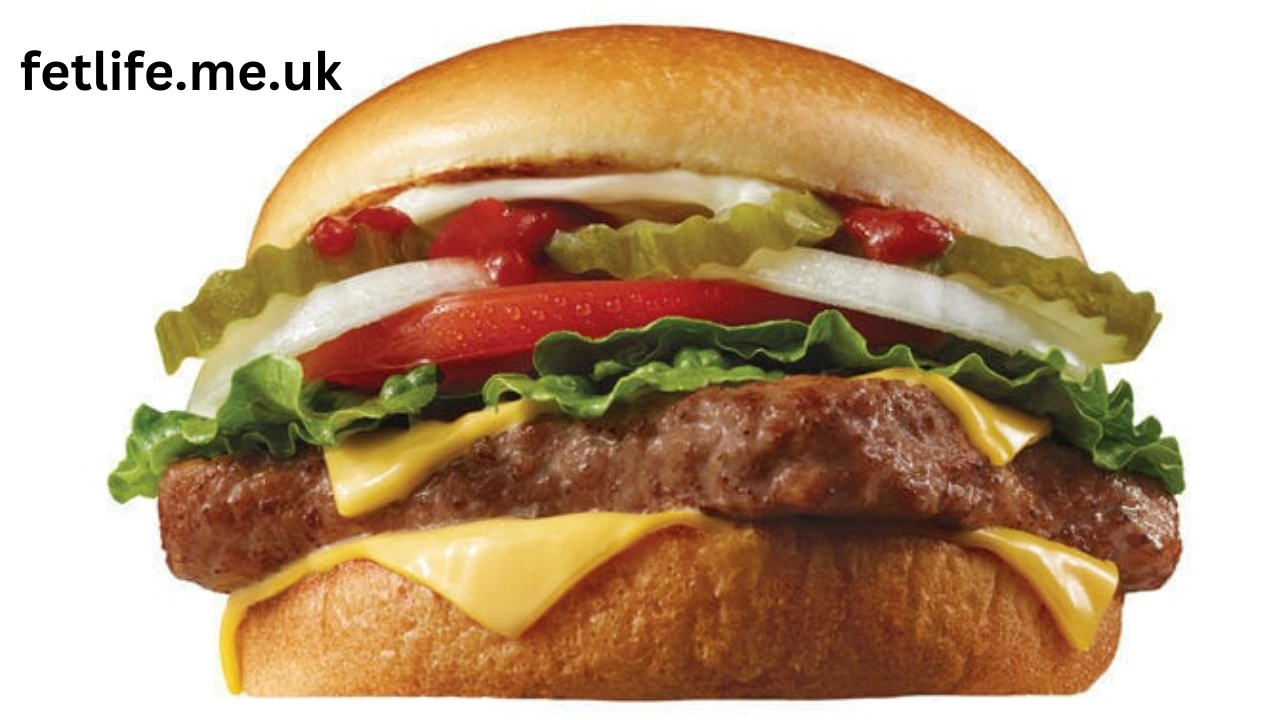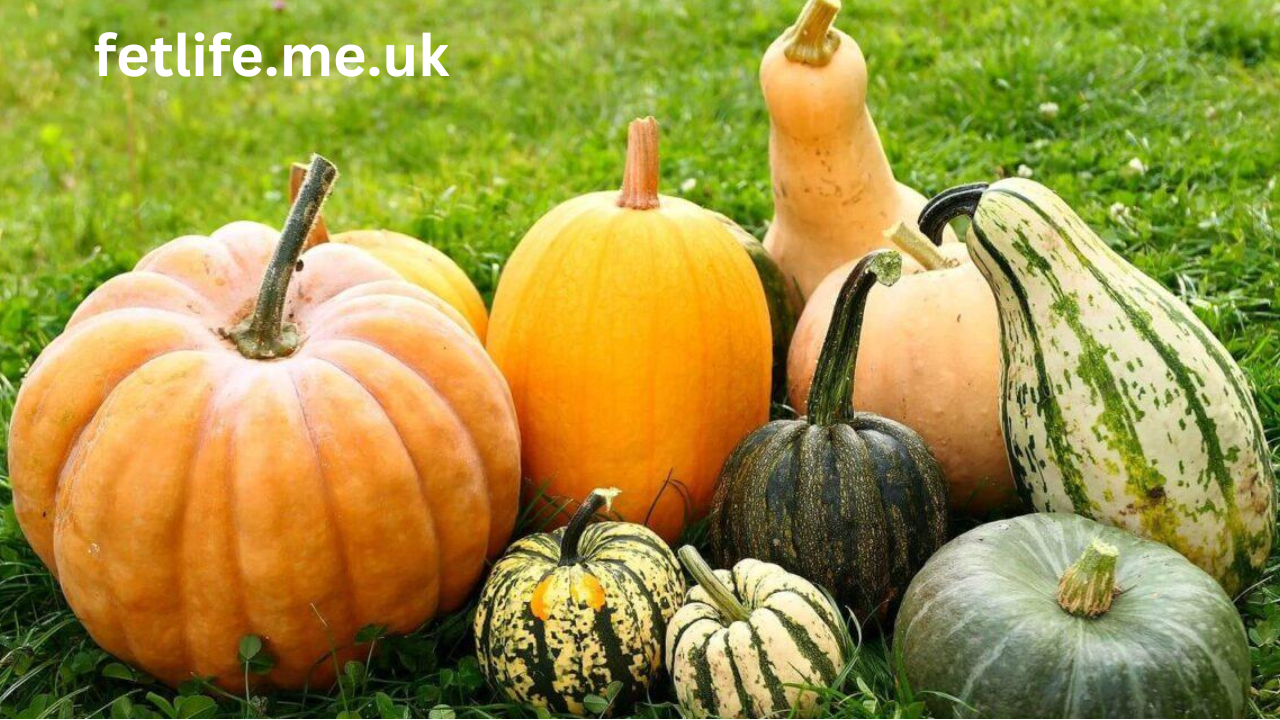In the lexicon of modern slang, the term “knob sand wich” often raises eyebrows. It is one of those phrases that seems to exist in the realm of British humor, a phrase that is far from polite, but also devoid of any true malice. A “knob sandwich” is typically used as a humorous, often cheeky expression, frequently deployed in moments of frustration or when playfully insulted.
But where did this phrase originate from, and why does it evoke such an image? As with many colloquial terms, the true origins of the phrase are somewhat murky. Some say it was born from the irreverent humor and tongue-in-cheek slang that flourished in British pubs, while others argue that the term’s origins may lie within a specific regional dialect or even specific social groups. Nonetheless, the phrase has transcended regional barriers and has been adopted in various parts of the world.
What Is a Knob Sandwich?
At its core, the term “knob sand wich” is a euphemism for a slap in the face or an insult. “Knob” is British slang for the male genitalia, and “sandwich” serves to soften the impact of the phrase. It may sound harmless or even ridiculous, but when used, it carries an unmistakable connotation of humor mixed with mild aggression. Think of it as a cheeky jab at someone’s expense that isn’t meant to be taken too seriously, much like calling someone a “plonker” or a “twit.”
The beauty of the “knob sandwich” lies in its versatility. It can be used as a parting remark in a heated argument, a teasing comment between friends, or as an exclamation when something goes wrong. It’s harmless fun, and part of its charm is that it doesn’t necessarily need to be understood in a serious context.
The Role of Humor in Language
Humor plays an essential role in shaping how we communicate. From ancient civilizations to modern-day social media, humor has allowed individuals to bridge divides, deal with difficult topics, and find common ground. The “knob sand wich” is an example of how humor can be used to diffuse tension or provide levity in moments of frustration.
In British culture, the art of self-deprecating humor and the ability to poke fun at oneself is celebrated. This often translates into playful insults that carry no genuine malice. In fact, some of the most well-loved British comedy features exchanges in which characters are constantly throwing barbed but humorous comments at one another. A phrase like “knob sand wich” fits perfectly within this tradition, as it encapsulates the wit and silliness for which British humor is known.
Slang and Its Evolution: From Knob Sandwich
To truly understand the term “knob sand wich,” one must explore its individual components. The word “knob” itself is a rather old British slang term. Its origins date back to the early 19th century, where it was often used to describe a knob-shaped object—whether that be a door handle, a rounded projection, or, in some cases, the male genitals. The word “knob” found its way into colloquial language as a somewhat vulgar, playful way to reference a man’s private parts.
The use of “sandwich” in the term is more lighthearted and serves to defuse the vulgarity of the word “knob.” It’s an odd juxtaposition, as sandwiches are generally seen as comforting, mundane food items, the exact opposite of something so suggestive. By placing the two words together, the phrase “knob sand wich” manages to combine absurdity and humor into a single, memorable expression.
“Knob Sand wich” in Popular Culture
As with many expressions born in one specific cultural context, the “knob sand wich” has made its way into pop culture and even the global stage. The phrase has been used in films, television shows, and on the internet as an example of irreverent British humor.
In the world of television, British comedy has always been synonymous with clever wordplay and sharp humor. Shows like The Office, Peep Show, and The Inbetweeners have incorporated similar expressions, blending awkward humor with socially uncomfortable situations. The “knob sandwich” fits comfortably within this genre. In these contexts, it’s often used as a way to punctuate a moment of ridiculousness or to add a layer of irony to a character’s situation.
On the internet, phrases like “knob sand wich” also make appearances in memes, forums, and social media posts. Internet culture thrives on wit, sarcasm, and absurdity, making the phrase a natural fit for online commentary. The use of slang and humorous expressions like “knob sand wich” continues to evolve, driven by the creativity and irreverence of internet users.
Previous article; The Early Electro-Harmonix Deluxe Memory Man with Green Lights
A Playful Insult or an Escalation of Tension?
While the “knob sand wich” may be seen as a playful insult or a humorous expression, there is also an interesting dynamic to how such phrases are received. The fine line between playful banter and genuine insult is often at the heart of using slang in everyday conversations. A comment like “Have a knob sand wich” might come across as a jovial taunt in the right setting, but in a more tense environment, it could escalate to something more serious.
The concept of a “sandwich” in the phrase is particularly interesting. In some cultures, sharing a meal is a communal act, often associated with kindness and sociability. But a “knob sand wich,” with its obvious humor and crude insinuations, turns the act of sharing into something absurd and slightly hostile. This subtle contradiction makes the term a powerful tool for navigating the complexities of humor, aggression, and human interaction.
A Deep Dive Into British Slang
In order to appreciate the full flavor of the “knob sandwich,” one must delve into the broader world of British slang. British people are known for their mastery of colorful and often absurd phrases that are unique to their culture. These expressions can range from affectionate terms to sharp-witted insults, with plenty of room for playful teasing in between.
The world of British slang is vast, and the creative ways in which people use language to engage with one another can be fascinating. Take for instance expressions like “daft” (meaning silly or foolish), “tosser” (another term for an idiot or someone who is irritating), or “wanker” (a more vulgar insult). These expressions are frequently used to soften the sting of insult, adding a layer of humor or absurdity to the situation.
The “knob sand wich” falls squarely within this tradition of playful language. It doesn’t take itself too seriously and is part of a larger body of British humor that’s built on a mixture of wit, sarcasm, and cheeky irreverence. Its humorous nature makes it less about the insult itself and more about the absurdity of the phrasing and the situations in which it is deployed.
The Global Appeal of Slang
The “knob sand wich,” while deeply rooted in British slang, has gained international traction. Language, after all, knows no borders. As global communication becomes more integrated, people from all over the world are exposed to different ways of speaking. While the phrase might have originated in the UK, it’s now recognizable to many who are familiar with British culture or have been exposed to the global reach of British television and films.
There is something inherently universal about the humor embedded in a phrase like “knob sandwich.” The act of joking at someone else’s expense, without intending true harm, is something that crosses cultural divides. Whether it’s a “knob sand wich” in Britain, a playful “sandwich of a fool” in the United States, or some variation in other parts of the world, these expressions reflect a shared human tendency to use language as a tool of humor and social bonding.
Conclusion
In the end, the phrase “knob sandwich” may be more than just a humorous insult. It’s an example of how language evolves, how humor can serve as a tool for connection, and how slang terms reflect the broader cultural norms of a society. Whether you see it as a cheeky jest or an expression of mild frustration, there’s no denying that “knob sand wich” has earned its place in the pantheon of humorous British phrases. It represents a blend of irreverent humor, clever wordplay, and a deep love for language that has made British slang famous the world over.










